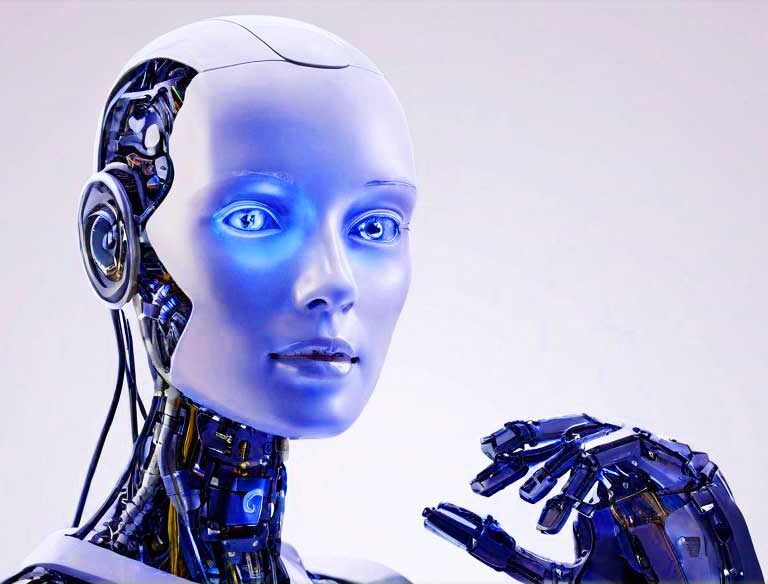Three years ago, Google’s quantum computers achieved a computational task that the fastest supercomputers could not. That milestone was significant for the company’s goal of building a large-scale quantum computer, but it was only one step toward making quantum applications useful for human progress. There is more to do for Google’s quantum computers to achieve a breakthrough against world poverty.

Quantum computing is a rapidly-emerging technology that harnesses the laws of quantum mechanics to solve problems too complex for classical computers. Quantum computers use quantum bits or qubits, which can exist in superpositions of two states (0 and 1) and entangle with each other. This allows quantum computers to perform parallel computations and exploit quantum interference. However, qubits are also very sensitive to noise, which can destroy their quantum properties and affect the accuracy of the computation, a phenomenon called decoherence.
This is where quantum error correction, a set of methods to protect quantum systems from decoherence, comes handy. It encodes quantum information across multiple physical qubits to form a “logical qubit,” which can be used for computation instead of individual qubits. This is believed to be the only way to produce a large-scale quantum computer with low enough error rates for useful calculations. Quantum error correction is essential for fault-tolerant quantum computing that can run more powerful algorithms, such as predicting the weather or enabling metaverses for millions of virtual users.
This is where the significance of Google’s milestone lies. The company has shown, for the first time, that it’s possible to reduce errors by increasing the number of qubits. Instead of working on the physical qubits on a quantum processor individually, researchers are treating a group of them as one logical qubit. As a result, a logical qubit that Google made from 49 physical qubits was able to outperform one the company made from 17 qubits.
The achievements of researchers from Google and other companies are certainly inspiring. They remind me of the days when traditional computers filled spaces as big as football fields. Quantum computing today has countless potential applications across various domains and industries. For example:

- Quantum computers can enhance machine learning algorithms by speeding up data processing, feature extraction, model training and inference.
- Quantum computers can simulate complex molecular systems and chemical reactions that are beyond the reach of classical computers. This will lead to new discoveries in drug development, energy storage, fertilization, and solar capture, among other areas.
- Quantum computers can solve hard optimization problems that involve finding the best solution among many possible ones. Do you remember the traveling salesman problem? This can improve efficiency and reduce costs in areas such as manufacturing, industrial design, traffic management, supply chain management and more.
- Quantum computers can perform faster and more accurate calculations for asset valuation, risk analysis, trading strategies, fraud detection and more. I have widely spoken about how they can enhance encryption methods and break existing ones, unless quantum-proof methods are developed.

According to the World Bank, more than 700 million people lived in extreme poverty in 2020. This means that about 9.3 percent of the world’s population had to survive on less than $1.90 a day. I hope quantum computing will help fight world poverty by enabling new solutions and innovations in areas such as climate change, healthcare, food security, and education. That is why it is so important to ensure that quantum computing is developed ethically and responsibly for the benefit of mankind.







